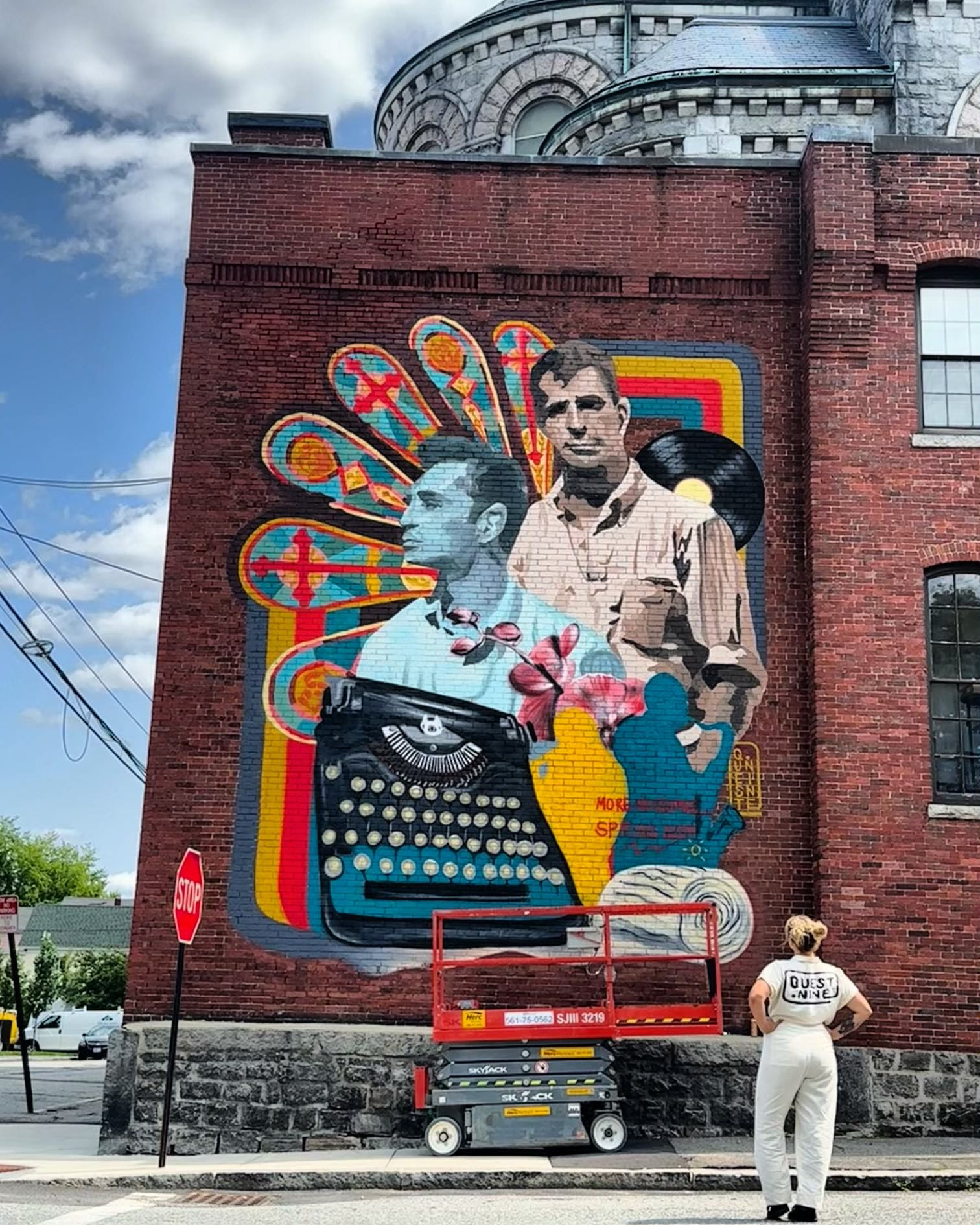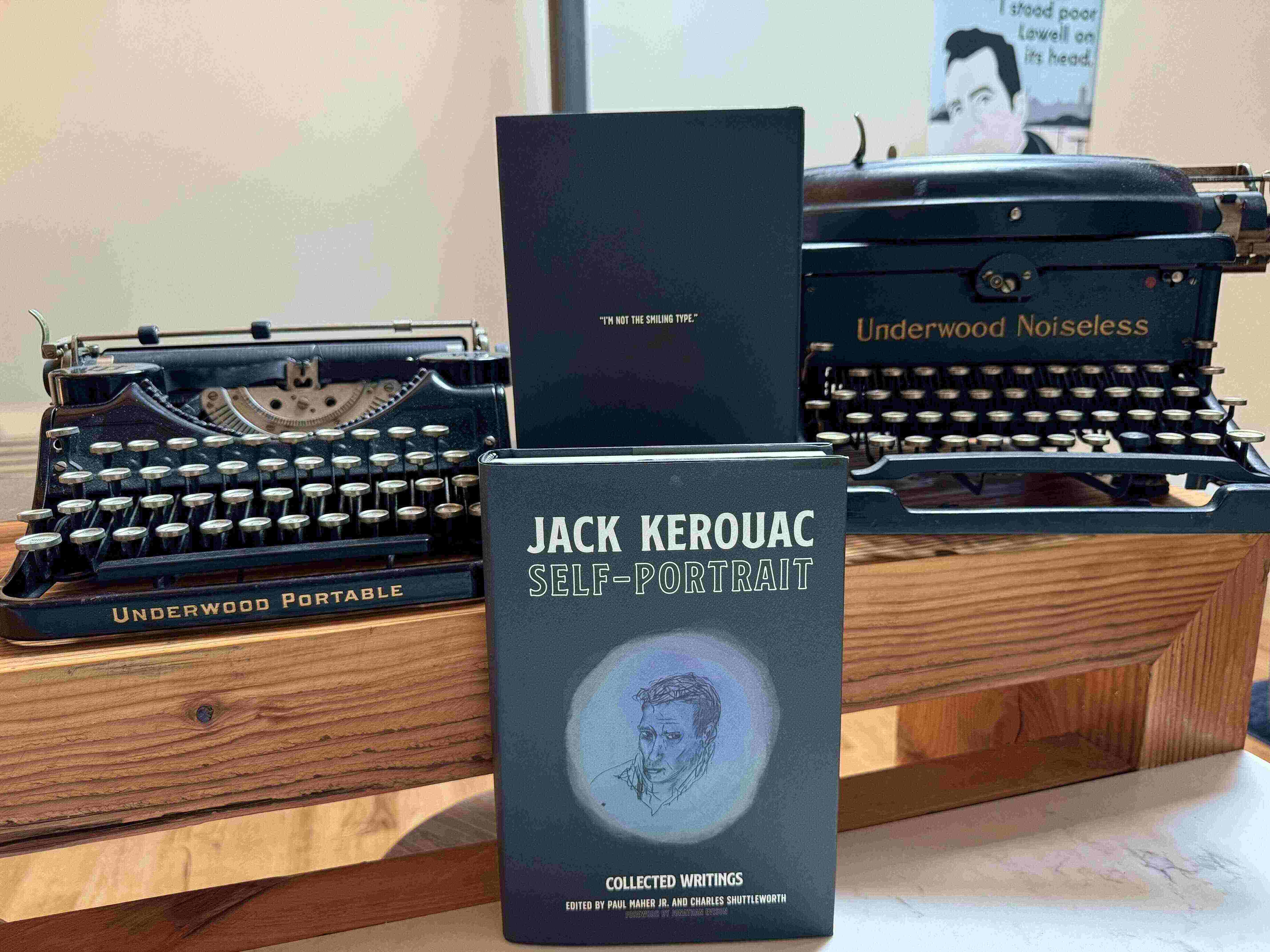One hundred years after the birth of Beat pioneer Jack Kerouac, the Jack Kerouac Estate announces the formation of Sal Paradise Press and a new collaboration with Rare Bird to co-publish a new deluxe hardcover of collected works from Kerouac’s time in isolation, Desolation Peak. Authored by Jack Kerouac and edited by Charles Shuttleworth, Desolation Peak is a posthumous collection for long-time Kerouac fans and newcomers alike.
In the summer of 1956, Jack Kerouac hitchhiked from Mill Valley, CA, to the North Cascades to spend two months serving as a fire lookout for the US Forest Service. Taking only the Diamond Sutra for reading material, he intended to spend his time in deep contemplation and to achieve enlightenment. He wrote in his journal that he planned "to concentrate on emptiness of self, other selves, living beings, and universal self." In letters to friends he proclaimed, "Something will happen to me on Desolation Peak…I can feel it."
Kerouac's experience on Desolation Peak forms the climax of his novel The Dharma Bums and has also been depicted in part 1 of Desolation Angels and a chapter in his nonfiction book Lonesome Traveler. None of these versions offers a full, true picture, however; and for that reason, Desolation Peak is essential reading. What separates Kerouac from all other writers is the depth that he went in exploring his own consciousness, and what will prove his most enduring legacy is the record he left of that exploration, revealing the psyche of a sensitive, tortured artist grappling with himself in the mid-20th Century.
The highlight of Desolation Peak is the journal he kept, starkly revealing the depth of his poverty, the extremity of his mood swings, and the ongoing arguments with himself over the future direction of his life, his writing, and faith. Along with the journal, he worked on a series of projects, including “Ozone Park,” another installment of the Duluoz Legend beginning in 1943, after his discharge from the Navy; “The Martin Family,” an intended sequel to The Town and the City, and “Desolation Adventure,” a series of sketches that became Part One of Desolation Angels. In writing it, Kerouac was re-committing himself to his more experimental, then-unpublishable style, declaring in the journal that “the form of the future is no-form.”
Also included in Collected Writings is “The Diamondcutter of Perfect Knowing,” Kerouac's “transliteration” of the Diamond Sutra, his “Desolation Blues” and “Desolation Pops” poems, and assorted prose sketches and dreams.
Preorders are available now at link below and a limited quantity will be signed by Jim Sampas, Literary Executor of The Jack Kerouac Estate, and editor, Charles Shuttleworth.













